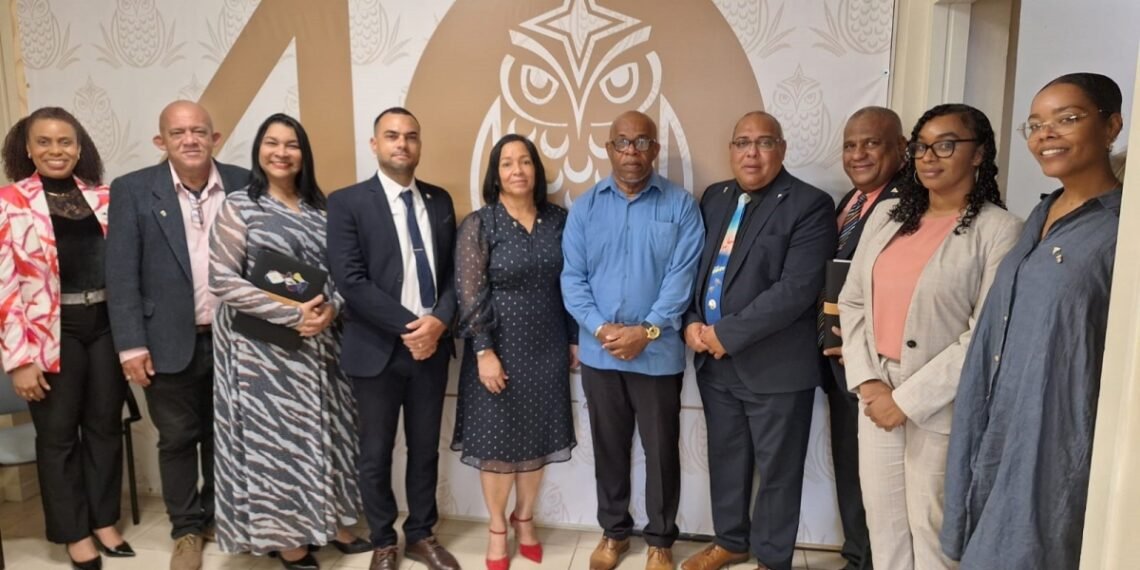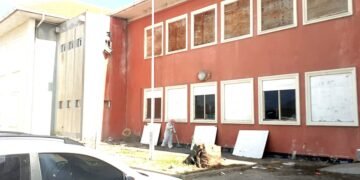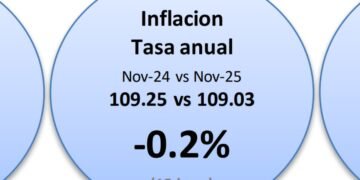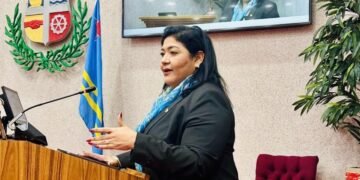President of Parliament, Marlon Sneek, confirmed in an interview with Matutino DIARIO that the topic of the BES Islands, along with two new laws, will be presented in the upcoming Tripartite discussions. This will be part of the first meeting with IPKO.
Sneek highlighted that Bonaire, Saba, and St. Eustatius are territories within the BES Islands. In the past, when they held a referendum, St. Eustatius was not keen on leaving for any other constellation and preferred to remain within the Antilles. However, when the Antilles ceased to exist, they had no choice but to remain with the Netherlands.
“There are changes now in what we call WolBES, FinBES, which refers to the two laws that govern the islands, and they have provided information on how these changes could potentially harm their rights, including the right to representation,” explained President Sneek.
The President also pointed out that the petition for discussion in Parliament was about gaining “moral support,” which was given by all factions.
“It was simply that in the opposition party’s meeting, they wanted to see it on paper to be signed. However, when they requested moral support, every faction agreed. The only matter left was that the PPA and MEP wanted this to be officially signed,” Sneek reiterated.
Regarding participation in IPKO, President Sneek explained that the BES Islands fall under the jurisdiction of the Netherlands and that they represent the islands. “You cannot just expect them to sit at the table. This will be discussed in the Tripartite, which traditionally consists of Aruba, Sint Maarten, and Curacao, and the Netherlands. The discussion on this matter will go ahead, and we’ll see how we can bring it back into the agenda,” said Sneek.
He further clarified that any changes to the agenda must be agreed upon by Aruba, Curacao, Sint Maarten, and the Netherlands, and they will need to decide whether the issue will be included as a point or handled as a paper to be shared. The concern will be raised with the IPKO and the Tweede and Eerste Kamer parliamentarians, who will vote on the two new laws.






















Discussion about this post